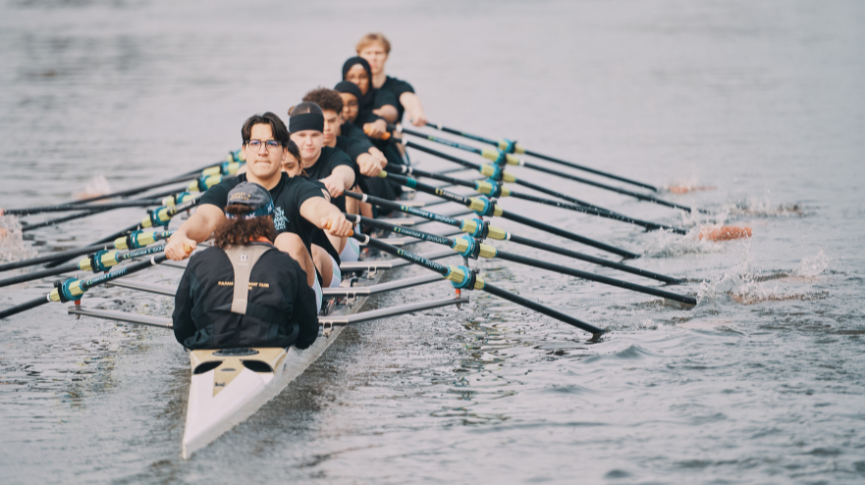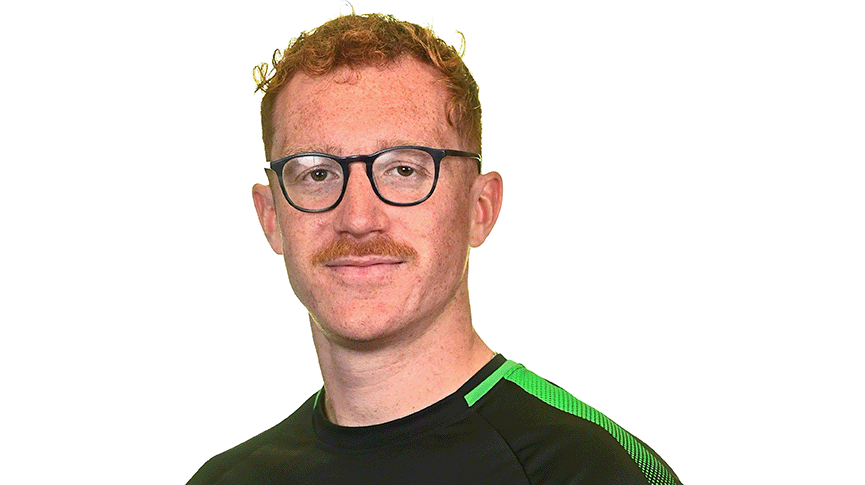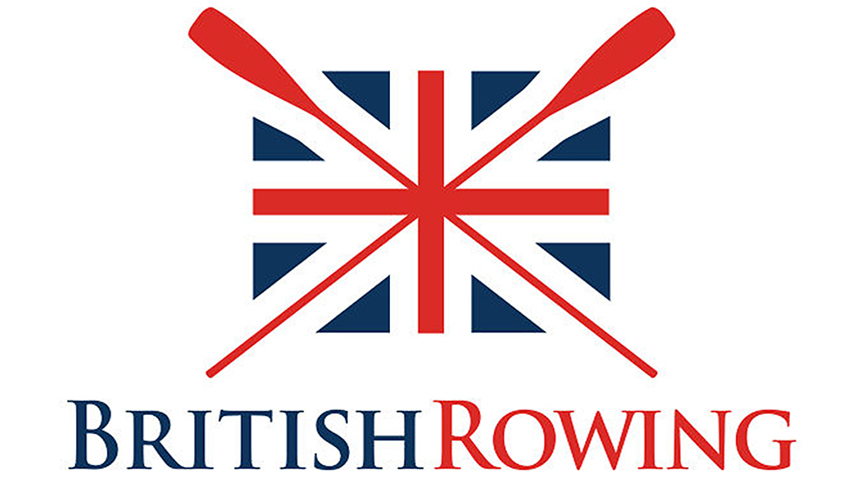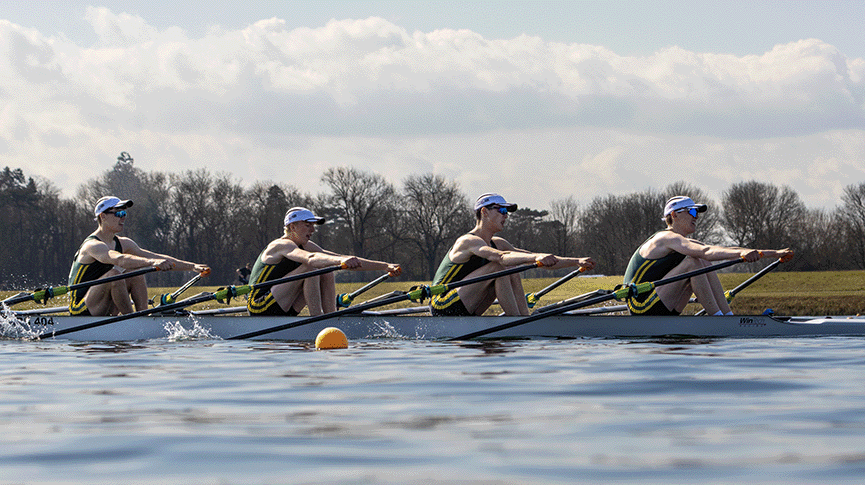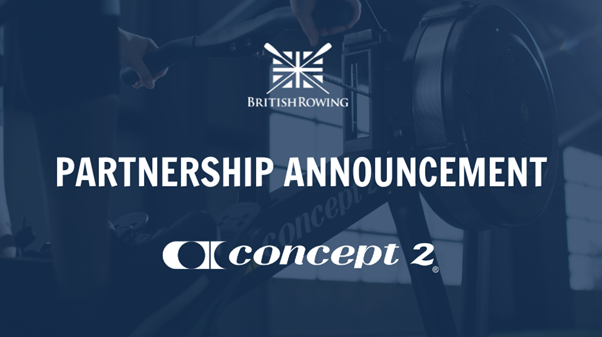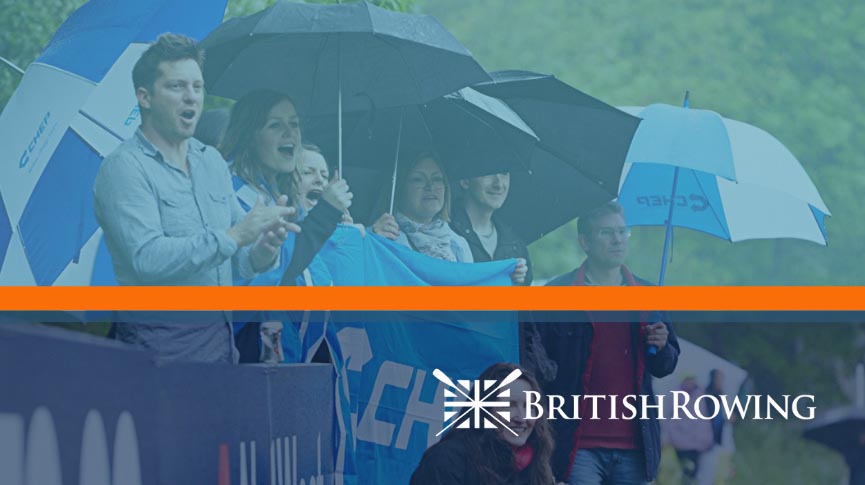Highlight 9# of the decade: rowing projects helping make rowing open to all
Community-focused clubs such as Warrington Youth Rowing, B-Row and and Fulham Reach Boat Club are enabling more juniors to reap the benefits of rowing
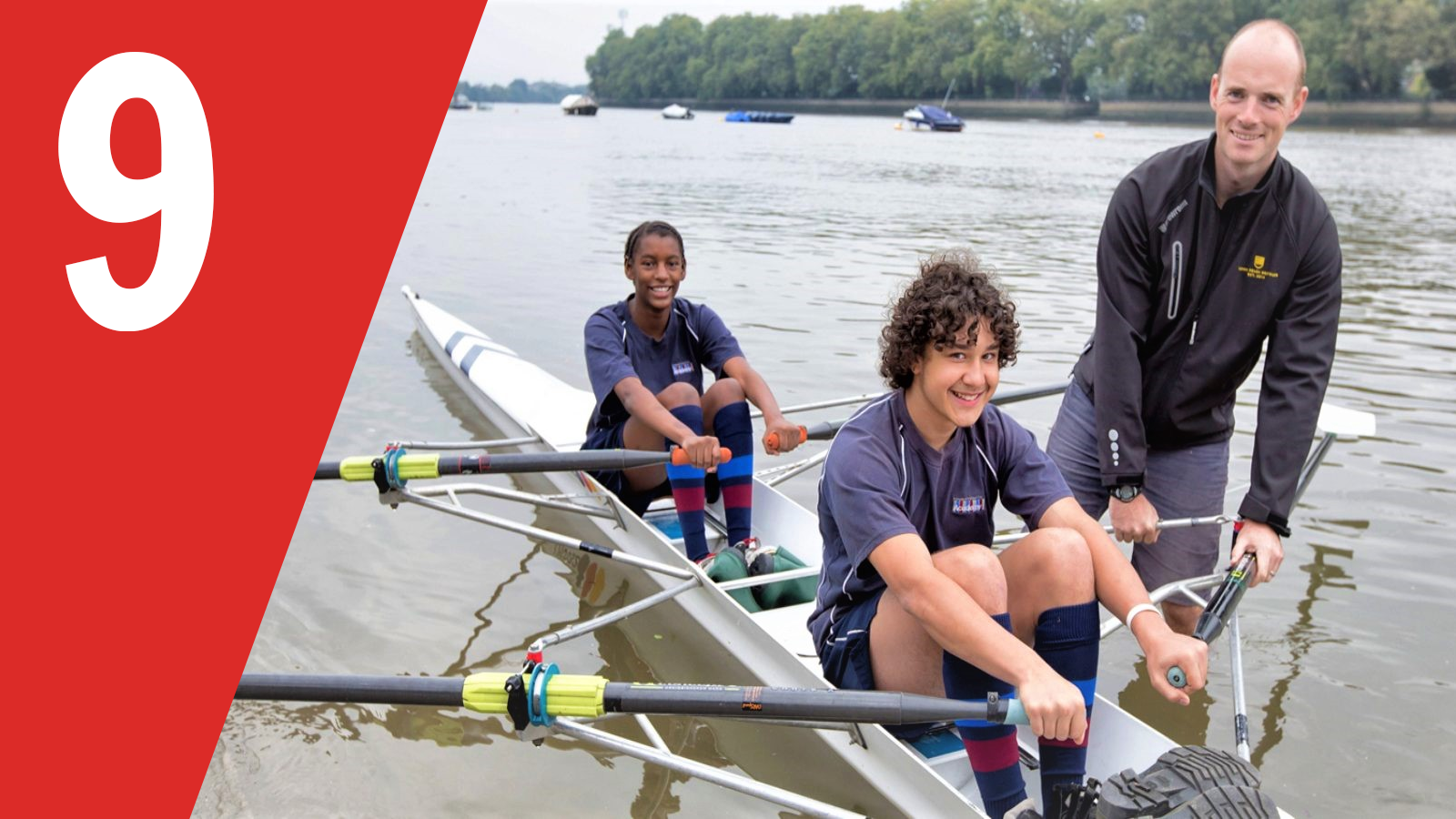
The growth of community rowing projects is at number nine in our highlights of the decade, enabling more people to enjoy the enormous benefits of the sport.
The last ten years have brought to the fore many strong community rowing projects around the country such as Birmingham B-Row, Fulham Reach Boat Club, RowLeeds and Warrington Youth Rowing. British Rowing’s new charitable foundation, Love Rowing will be delivering accessible and inclusive opportunities to bring the transformative impact of rowing to all.
Chief Executive at Fulham Reach Boat Club, Steve O’Connor, reflects on the club’s ethos: “Opening Fulham Reach Boat Club has shown us what a massive demand there is for people to get on the water and the hugely positive effect this sport can have on people’s lives.” His words reinforce why community clubs have made our top 10 highlights of the decade.
Back in 2018, Martin Gough met O’Connor for an interview in Rowing & Regatta magazine – read on below.
Being successful in rowing isn’t just about winning the Boat Race or Henley Royal Regatta. In fact it can be far more fundamental than that, as the team behind the Future Blues initiative are finding.
Fulham Reach Boat Club, the community focused programme just downstream from Hammersmith Bridge, has a mission statement to “unlock the potential of young people through rowing”.
Go rowing!
Trying out rowing couldn't be easier - find out more here.
A former captain at London Rowing Club, O’Connor tells a story of subbing into a crew of students from Hammersmith Academy racing at Putney Town Regatta in 2016, and sitting behind a boy named Sonny.
“He wouldn’t take his duffle coat off, there was a bit of an attitude. Then the starter said ‘Go’ and we were winning! We nearly won the final,” O’Connor recalls.
“Afterwards the teacher emailed me to say, ‘I’m not sure what happened but his behaviour has really changed. He’s turning up to school on time and keeps talking about rowing.’”
In its fourth year of operation, Fulham Reach will get all of the 12 schools in its borough on the water – the first time this has happened for a local authority in the UK.
There are three further schools from other boroughs, including Kensington Aldridge Academy, which is based at the foot of Grenfell Tower, just over two miles north of the boathouse.
Getting on the water in the first place can be a challenge.
O’Connor says: “We have had children refusing to walk out onto the pontoon because they think they’re going to drown.”
However, as memories of this season’s Boat Race begin to fade, Fulham Reach have set themselves a far bigger challenge: getting all 52 schools – with a total of about 50,000 students – from the four boroughs that border the famous Thames course involved in rowing within the next five years.
His behaviour has really changed. He’s turning up to school on time and keeps talking about rowing
Why such an ambitious goal? With a twinkle in his eye O’Connor, who gave up a marketing job in the City to become involved in rowing full time, says: “You’ve got to have a target.”
The blueprint is already in place but there will be challenges in increasing the scale of the project so dramatically.
“When I talk to schools they all want to row,” says O’Connor. “The problems are funding it, getting the coaching expertise there and then finding boats they can use.”
In the longer term, the aim is to help school teachers become rowing coaches. O’Connor is already making plans to run a programme using rowers from a large local rowing school as volunteer coaches.
“Nirvana for us is one of our schools saying, ‘This has been great but we’re off to build our own boathouse now.’ That would be amazing!”


